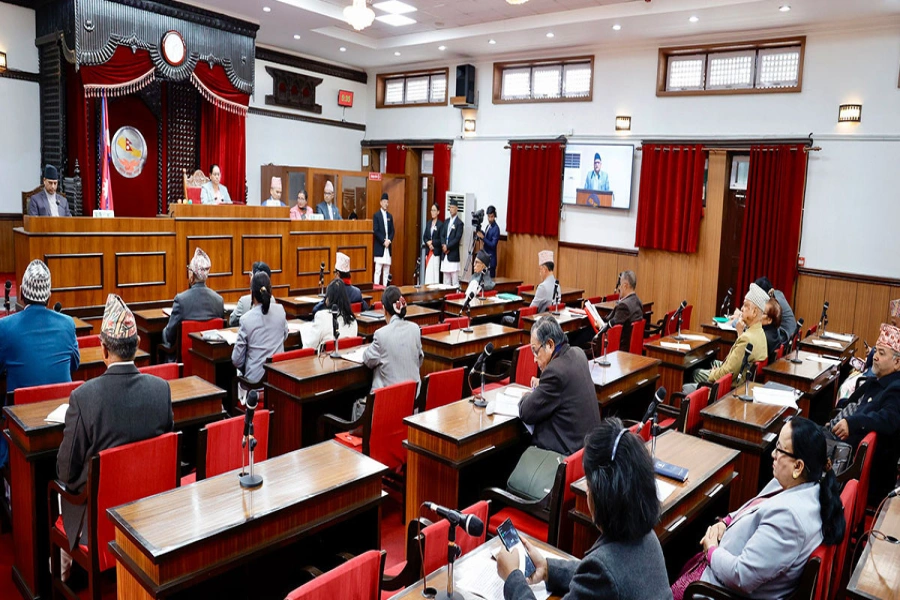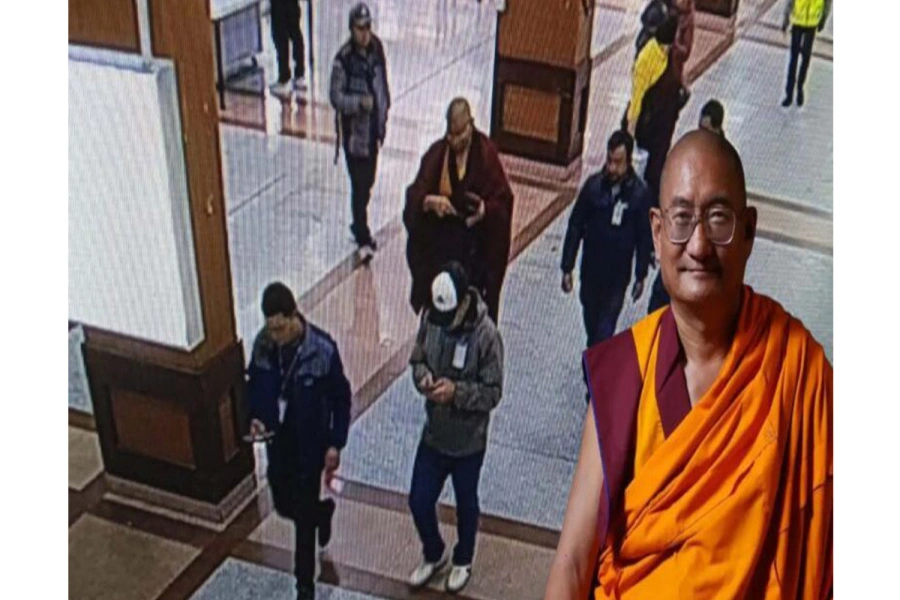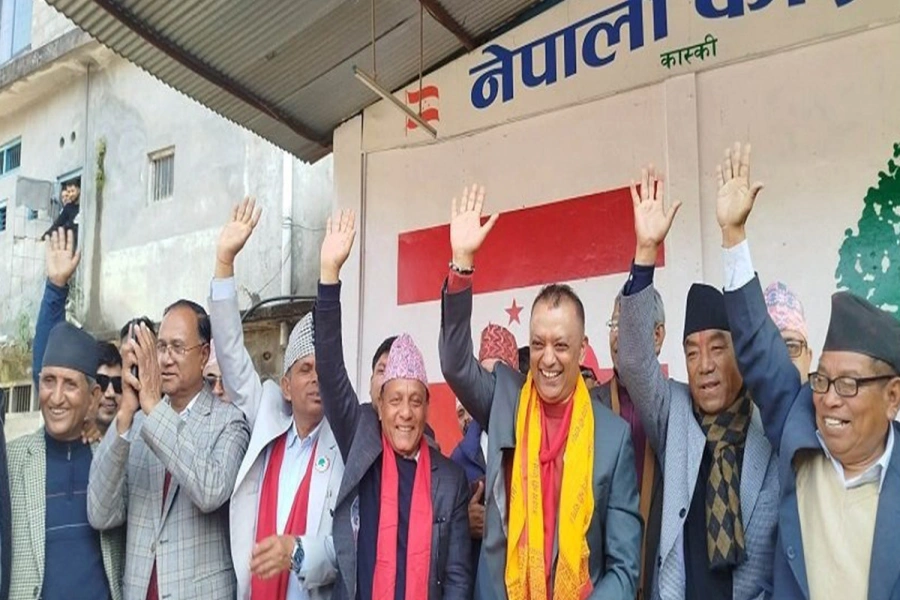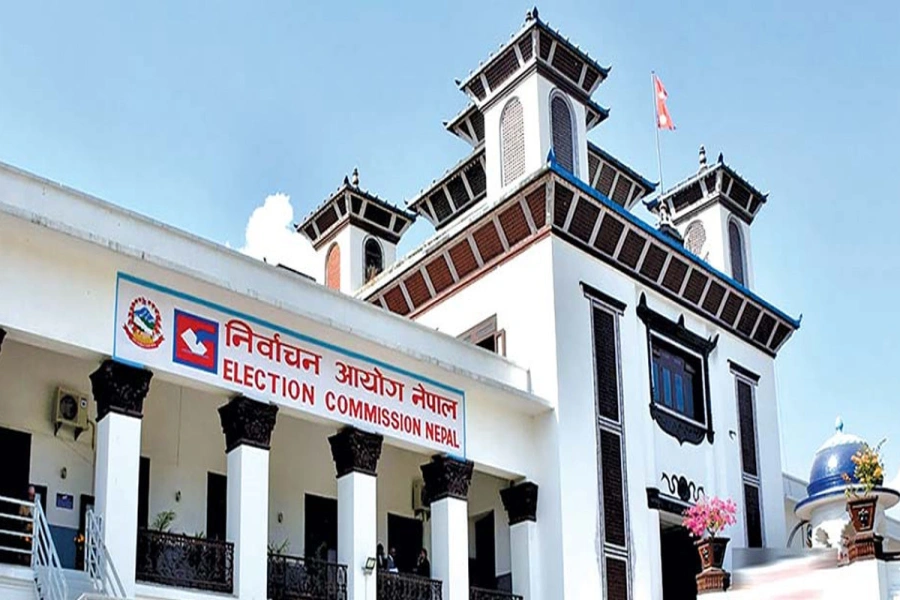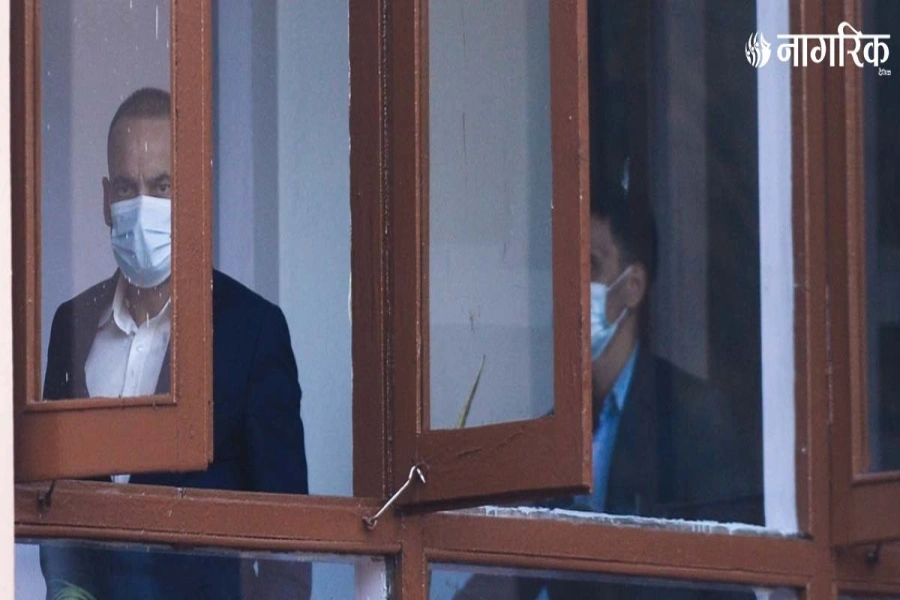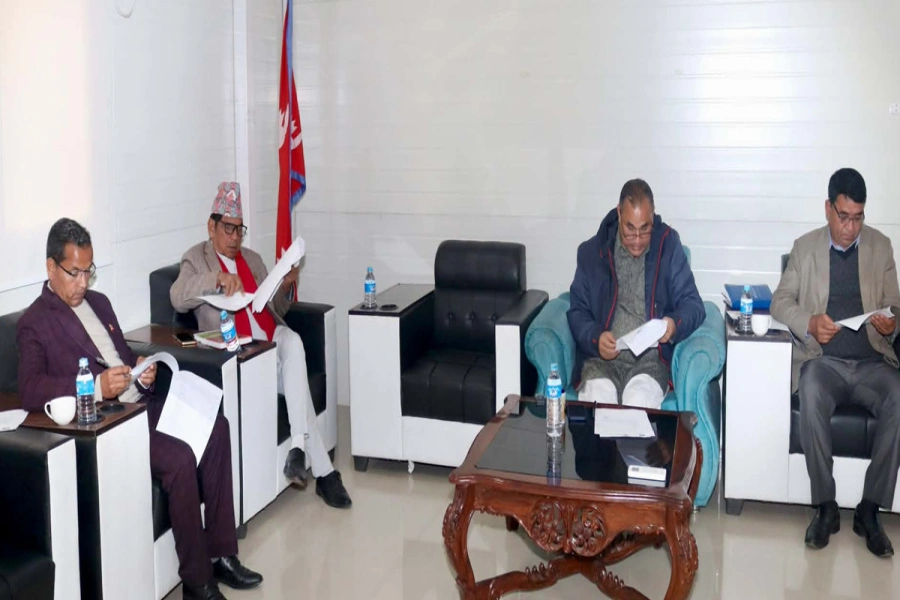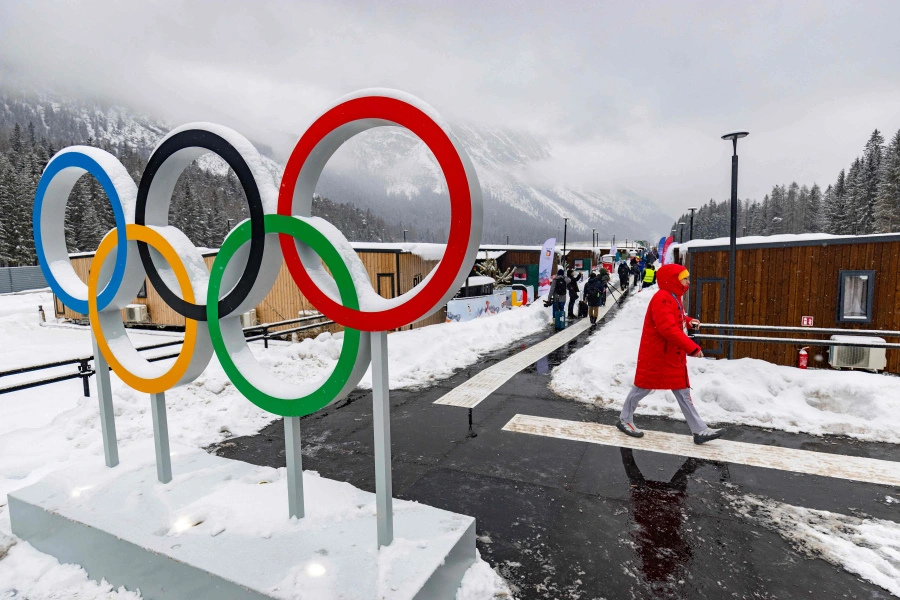KATHMANDU, June 26: Sabitri Shrestha, who has been fighting a legal battle to get the murderers of her brothers Ujjan and Ganesh booked, is now in utter confusion whether or not to file any complaint at the Truth and Reconciliation Commission (TRC).
TRC faces backlash over public call for sexual violence complai...

The Supreme Court (SC) has already convicted Maoist leader Bal Krishna Dhungel and others in the murder of Ujjan and sentenced the perpetrators to jail. Likewise, the Appellate Court Janakpur in April ordered Nepal Police and the Office of the Attorney in Ramechhap district to complete their investigations against Dhungel and others in the murder of Ganesh and file a charge-sheet within four months.
“As we want to see the rule of law established in this country, we want the court verdicts and orders executed,” said Shrestha.
Friends and rights activists are suggesting to the Shrestha family to file complaints at the TRC for the purpose of getting reparations while some others are suggesting to them to focus on the execution of the court verdicts and orders.
“We are consulting lawyers and rights activists as to what would be a better option, whether to go to the TRC or not. The perpetrators had also captured and destroyed our property. Some are suggesting going to the TRC to seek reparations while some others are suggesting we should not go to the transitional justice mechanism,” said Shrestha.
“The government and the political parties are defying the Supreme Court verdict and letting murderer go scot-free. In this scenario, our family is discussing whether or not we should go to the TRC for reparations,” she added.
Suman Adhikari, chairman of the Conflict Victims Common Platform (CVCP), said that there is confusion among the victims’ families, whose cases are already in the courts, about filing complaints at the TRC.
“We are now suggesting to our friends to file complaints at the TRC to seek reparations only and let the court process also go ahead simultaneously,” said Adhikari.
As a SC ruling in 2015 had stated that cases that are sub judice at various courts could not be transferred to the transitional justice mechanisms, the TRC regulations also adopted this principle. There is some confusion whether one aspect of a given incident from the conflict era can be dealt with by the courts while a different aspect of the same incident can be entertained by the TRC. There is also a concern that turning to the TRC will dilute the case before the courts.
“The regulations as well as the SC ruling bar us from looking into cases that have been settled by the courts or are still sub judice. On the other hand, reparations are a right of the victims’ families and the TRC cannot decide on reparations without the victims filing their complaints,” said TRC Commissioner Srikrishna Subedi. “The commission is yet to take a decision on how the investigations will proceed if such victims file complaints,” he added.
Meanwhile, the National Human Rights Commission (NHRC), made 1,577 recommendations in the last 13 years in cases of human rights violation after conducting investigations into 735 complaints. Based on the recommendations, the government has provided compensation to 38 percent of the victims recommended but the number of prosecutions of perpetrators is zero.
Based on the investigations and recommendations made by the NHRC, victims of the Godar disappeared case have filed complaints at the TRC seeking action against the perpetrators and also reparations.
“NHRC has already conducted detail investigations in the case. It has exhumed the bodies and clearly recommended action against the perpetrators. We want action against the perpetrators now,” said Rajiv Karna, brother of Sanjib Kumar Karna, who was disappeared by the security forces during the armed conflict.
The law on the transitional justice mechanism states that the commission shall investigate cases relating to incidents that occurred during the armed conflict which have been filed at various agencies.
TRC Commissioner Subedi said that the commission will look into the recommendations made by the NHRC but the transitional mechanism is free to own the recommendations or conduct necessary investigations on cases already settled by the NHRC.
However, NHRC Spokesperson Mohana Ansari said the transitional justice mechanisms cannot overlook or over-rule the recommendations made by a constitutional body. “Due to this limitation, NHRC has recommended only a sum of Rs 300,000 each as reparations for the victims’ families. The transitional mechanisms can recommend additional reparations but they should own the recommendations made by NHRC,” said Ansari.
Earlier, the TRC had asked NHRC to provide details of the cases of conflict-era human rights violations. NHRC had then consulted the victims and right activists, who had suggested that NHRC not disclose the details without the victims’ consent.


